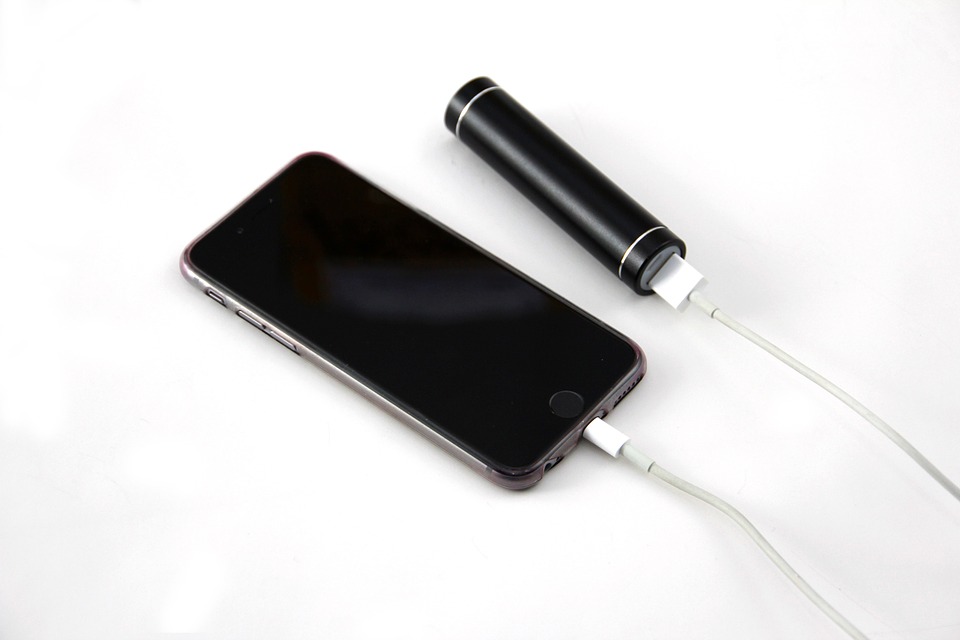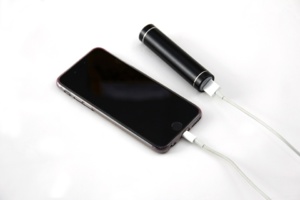On Thursday, the 28th of July 2016, Sony Corp has come to an agreement, whereby it has decided to “sell a portion of its battery business to Murata Manufacturing Co Ltd”. The said move has been taken by the “electronics giant” in response to the sluggish smart-phone demands.
Banking on the business investments in games market, whereby Sony is to launch its upcoming “virtual reality headset”, the company made the announcement of selling out a portion. Moreover, Sony also has plans of making a comeback in the “robotics industry” almost after a decade’s gap.
Issuing a joint statement, Sony informed that as per the agreement, it would be “selling the battery business of its subsidiary Sony Energy Devices Corp”. The latter manufactures “lithium-ion polymer batteries” that stores power in digital cameras, tablets, and smart-phones, besides also making “lithium-ion rechargeable batteries”.
On the other hand, Murata is hopeful that the acquisition deal of “Sony’s battery operations” will provide the needed edge in the Japanese communication market, whereby helping the company to venture into “automotive, healthcare and energy markets”. To quote a statement issued by the company:
"Murata intends to position the global battery business as a core operation within its energy business in order to target further business growth and expansion”.
However, the agreement does not include the exchange rate, while Sony is going to retain the “retail branded battery operations related to USB and alkaline batteries and other products”. Sony is willing to account a loss from the sale but it will not affect the “earnings outlook” that are due to be announced soon. The aim of Sony is to finalise and execute the deal by the month of March 2017.
Talking about Murata, Reuters informs that it manufactures “capacitors, sensors and other electronic parts” that are used in various products like white goods, healthcare items, industrial equipments and in smart-phones. Reuters adds:
“Murata has said it aims to expand its share of the communications market, and further expand into the automotive market. Longer term, it has said it sees opportunities to integrate sensor and communications technology into the growing market for the Internet of Things”.
References:
http://www.reuters.com/
Banking on the business investments in games market, whereby Sony is to launch its upcoming “virtual reality headset”, the company made the announcement of selling out a portion. Moreover, Sony also has plans of making a comeback in the “robotics industry” almost after a decade’s gap.
Issuing a joint statement, Sony informed that as per the agreement, it would be “selling the battery business of its subsidiary Sony Energy Devices Corp”. The latter manufactures “lithium-ion polymer batteries” that stores power in digital cameras, tablets, and smart-phones, besides also making “lithium-ion rechargeable batteries”.
On the other hand, Murata is hopeful that the acquisition deal of “Sony’s battery operations” will provide the needed edge in the Japanese communication market, whereby helping the company to venture into “automotive, healthcare and energy markets”. To quote a statement issued by the company:
"Murata intends to position the global battery business as a core operation within its energy business in order to target further business growth and expansion”.
However, the agreement does not include the exchange rate, while Sony is going to retain the “retail branded battery operations related to USB and alkaline batteries and other products”. Sony is willing to account a loss from the sale but it will not affect the “earnings outlook” that are due to be announced soon. The aim of Sony is to finalise and execute the deal by the month of March 2017.
Talking about Murata, Reuters informs that it manufactures “capacitors, sensors and other electronic parts” that are used in various products like white goods, healthcare items, industrial equipments and in smart-phones. Reuters adds:
“Murata has said it aims to expand its share of the communications market, and further expand into the automotive market. Longer term, it has said it sees opportunities to integrate sensor and communications technology into the growing market for the Internet of Things”.
References:
http://www.reuters.com/






